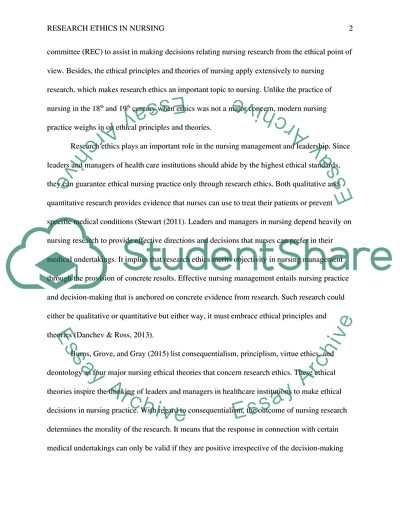Cite this document
(“Significance and Implications of Research Ethics to Nursing Essay”, n.d.)
Significance and Implications of Research Ethics to Nursing Essay. Retrieved from https://studentshare.org/nursing/1701703-significance-and-implications-of-research-ethics-to-nursing
Significance and Implications of Research Ethics to Nursing Essay. Retrieved from https://studentshare.org/nursing/1701703-significance-and-implications-of-research-ethics-to-nursing
(Significance and Implications of Research Ethics to Nursing Essay)
Significance and Implications of Research Ethics to Nursing Essay. https://studentshare.org/nursing/1701703-significance-and-implications-of-research-ethics-to-nursing.
Significance and Implications of Research Ethics to Nursing Essay. https://studentshare.org/nursing/1701703-significance-and-implications-of-research-ethics-to-nursing.
“Significance and Implications of Research Ethics to Nursing Essay”, n.d. https://studentshare.org/nursing/1701703-significance-and-implications-of-research-ethics-to-nursing.


